THIS POST IS FOR WRITERS:
Prepare Well, and Elevate Your Prose
(This article originally appeared at another site back in March of 2011, from which it is now gone. Therefore, I re-post it here. NOTE: I may come back later [today is 25 September 2020] to update it, including how it applies to our standards at Evolved Publishing.)
I aim this post at aspiring authors who seek to publish, for the first time, via a traditional publisher.
I love to read fiction, and one of my greatest joys is the discovery of wonderful new authors. Yet they are not as plentiful as one might expect. If you’ve been trying to publish your first novel (and I don’t mean self-publish—anyone with a credit card can do that), you know precisely what I mean.
1) The traditional publishing industry is a notoriously difficult nut to crack.
2) Most agents require a referral, or preliminary contact at a writer’s conference, before they’ll take a hard look at a first-time author of fiction. Some agents express indignation at that statement but…come on…really? Who knew that just finding an agent who’ll read the manuscript would be such a daunting task—such a crazy concept? I didn’t…until I started the process. Yikes! Yet as broken as the industry is in this regard, first-time authors bear some of the blame—a great big chunk of it, in fact.
3) Most first-time authors are simply not ready for publication. Their work needs some…er…um…work. Most submissions that agents receive from first-timers are substandard. Agents, who are only human (Oh yes they are!), develop an auto-response psychologically: “Oh no! This submission is from a first-timer! Aaaaahhhhhh………” They must fight this tendency every day, I think. Some succeed—sometimes—and some don’t. The walls they erect against first-time authors of fiction are formidable, which makes our task of cracking that nut an insanely difficult one. Is anyone else losing his hair? Yeesh!
You must be a good storyteller, of course, but you must be more than that. You must be a WRITER. In other words, WHAT you write is important, but HOW WELL you write it is equally so.
4) Agents are unforgiving when it comes to the work of first-time authors. You can get away with much less than do established authors. Let’s face it: some poor writing makes it into print—but rarely from first-time authors of fiction. Do you think that’s unfair? You’d best get over it, and do what you must to break through those barriers. If you can’t accept that, please go back to your day job—save your sanity.
5) You must grab the agent on the very first page of the manuscript, preferably the first paragraph. In fact, why wait that long? Hook them with the FIRST SENTENCE! Front-load your piece; otherwise, they’ll never see all the brilliance that awaits them deeper into your manuscript. As a first-timer, and assuming you don’t have an “in” with the agent (referral, personal history, etc.), you have no reputation or track record to serve you. Therefore, grab them by the throat, right out of the chute, and don’t let go.
6) No spelling errors! No grammatical errors! Period! Do you want to be a professional? Outstanding! Then write professional prose. Oh sure, there are those moments when, for purely stylistic purposes, you violate the rules of grammar. Fine, but remember: you’re a first-time author. Agents will accept only so many of those “stylistic choices” before they determine that you simply don’t know how to write properly. Besides, if you minimize those stylistic flourishes, they’ll pack a much stronger punch (assuming you’ve executed them well); if you overload them, you’ll water them down, sap them of their effectiveness. Don’t be too cute by half, for the likely result may be the all too familiar: The agent stops reading your manuscript, perhaps with a frustrated sigh, and reaches for one of those wonderful little slips that start, “Thank you for allowing us to review your manuscript. Unfortunately…”
Good writing, even merely adequate writing, is an acquired skill. It requires rather a lot of work. Darn it! Yes, you must have some innate talent, but you must develop your natural skills to reach your full potential. You must work at it.
7) Read, read, and then read some more—fiction. If you write romance novels, for example, then read A LOT of romance novels. Know your genre. Know what passes as “publishable” material, but always keep in mind that the standards are higher for first-time authors.
8) Read, read, and then read some more—nonfiction. If you were going to be an electrician, you’d read books about electronics. If you were going to be an astronomer, you’d read books about astronomy. Need I say it? Well, all right: Read books about writing! There are some great ones out there. If you’re a first-timer, focus initially on those earmarked for beginners, and make sure that The Elements of Style, by William Strunk Jr. and E.B. White (Macmillan), is part of your arsenal.
9) Finally, if you’re serious about publishing your work, find an editor. Every beginning writer (and most established ones) needs an editor. We’re too close to our own work. We often make mistakes that belie our skill level, meaning we know better, but we may read right over those mistakes when self-editing. A writer’s mind puts up psychological barriers, as if it assumes that, if she wrote it in the first place, it must be right. Why else would she have written it? It’s rather as the old saw says: “Forest? What forest? I don’t see no stinkin’ forest. All those darned trees are in the way!”
When it comes to your fiction, think of your prose as the trees and your STORY as the forest. If an agent can’t see through the trees to find the forest, your STORY will wallow in perpetual anonymity.
‘Til next time, remember this: Writing well is not easy. It takes work. You mustn’t be lazy.
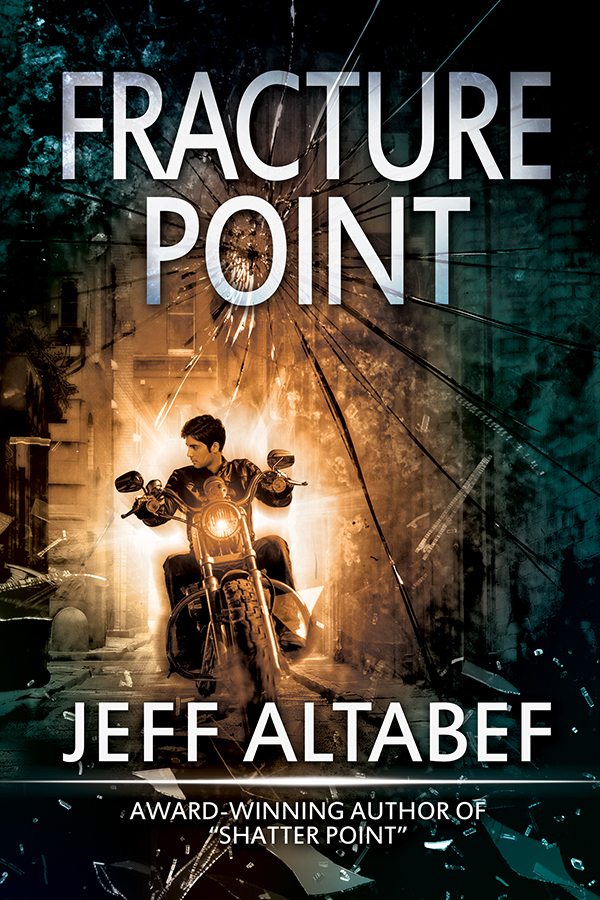
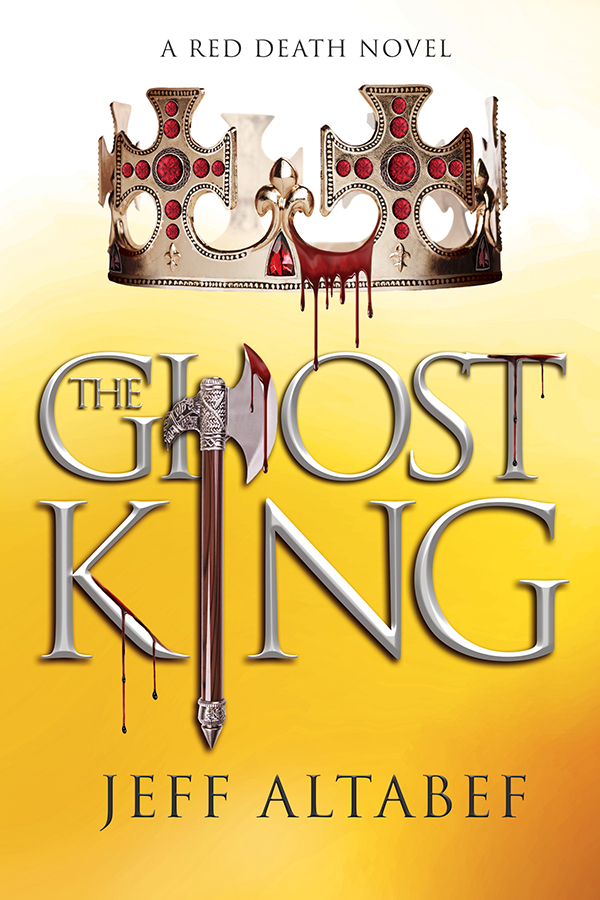
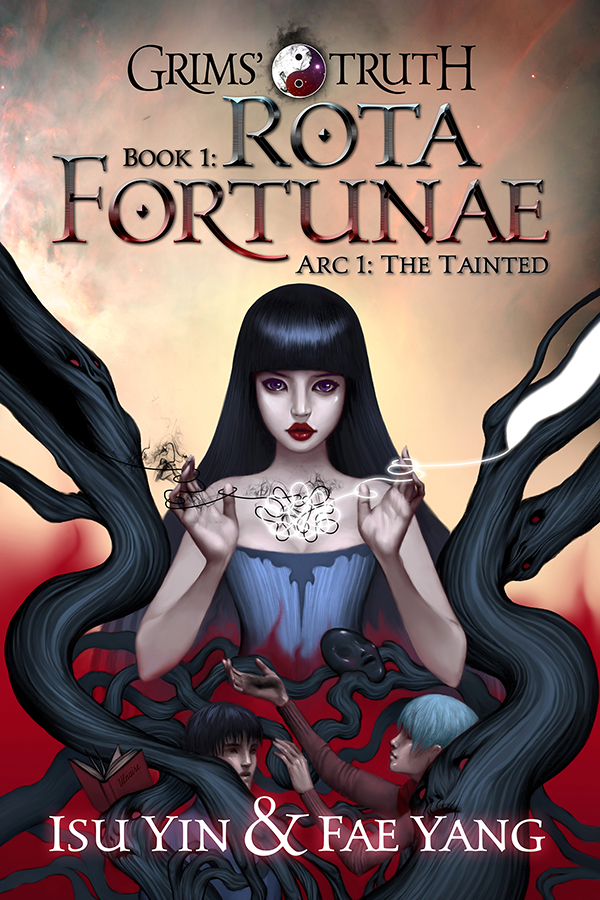
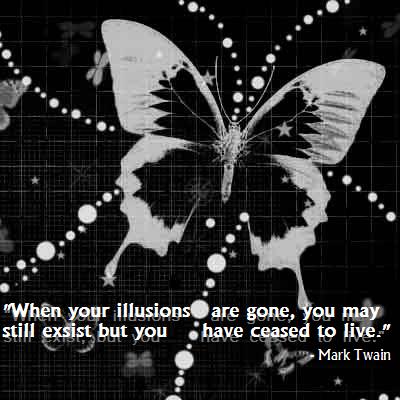




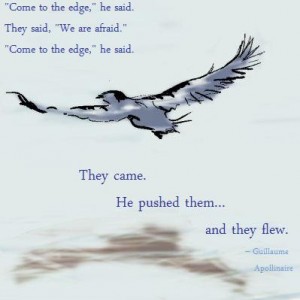
Please follow me here: